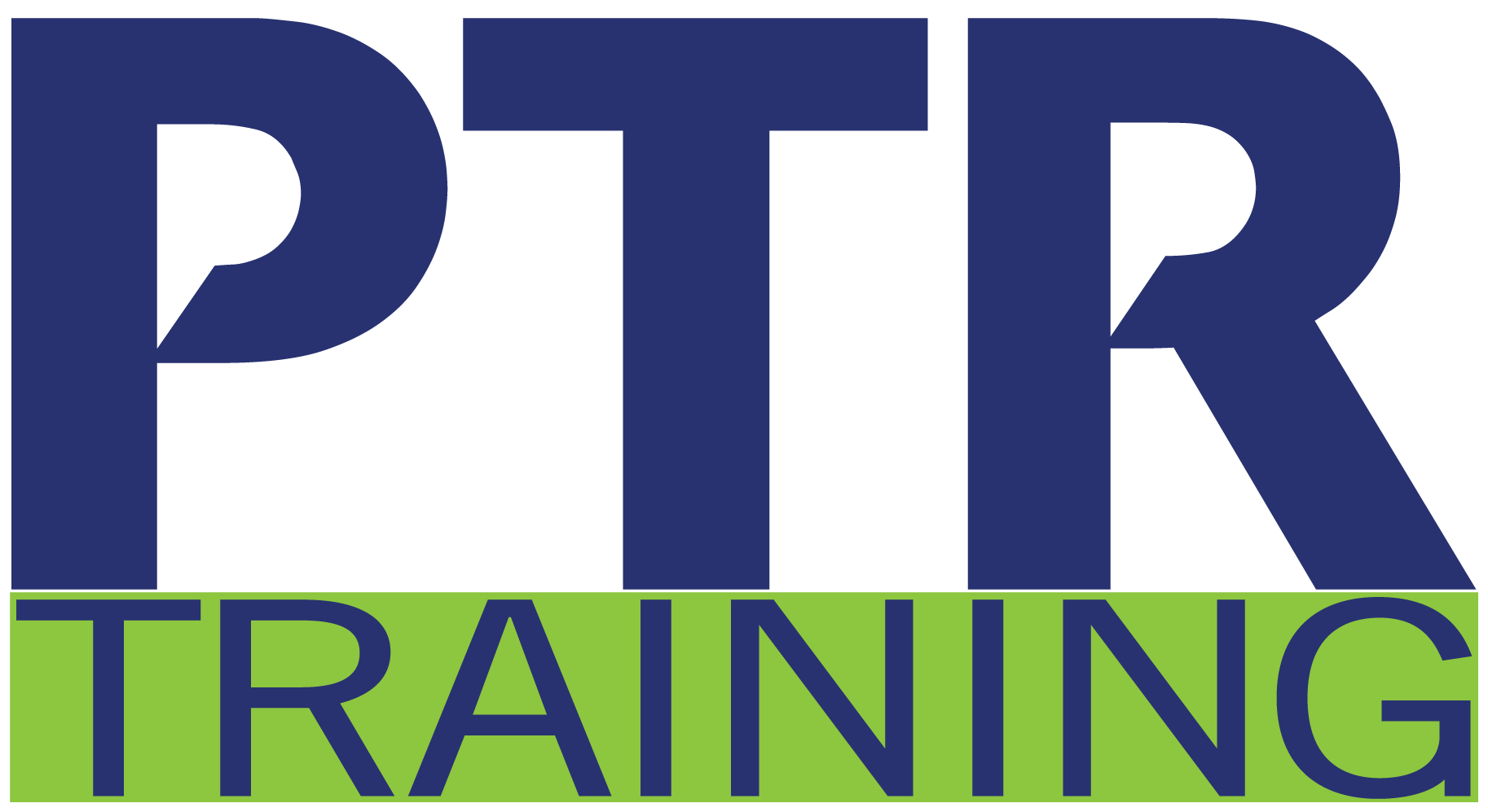We all have difficult conversations. And, too often, things don’t go well no matter what we try. Should you say what you are thinking and risk possible conflict? Swallow your views and feel like a doormat. Or should you let them have it? But what if you are wrong? This interactive training course shows you how to handle the toughest and most challenging situations more effectively and with less anxiety.
Learning Objectives »
- Effectively prepare for difficult conversations.
- How to separate feelings, data, and judgments (or beliefs).
- Advocate your positions, even when controversial.
- Ask for change without confrontation.
- Use clarity and focus during “hard talk.”
- Break down thought patterns and temperament.
- Provide a framework for mutual contribution.
Expanded training is available with added objectives, activities, and business scenarios.
Course Agenda
The Hard Talk
- The Difficult Conversation
- Defining the Hard Talk
- The Missing Conversation
- Preparing for the Hard Talk
- Strategies for the Hard Talk
- Authentic Communication
- Saying “No”
- Managing Up
The Four Conversations
- The “Feelings” Conversation
- The “What Happened” Conversation
- The “Identity” Conversation
- The “What’s Next” Conversation
- Reasons Not to Have the Difficult Conversation
Putting it All Together
- The Third Story
- Non-Threatening, Non-Anxious Questions
- Asking for Change
- Standing in the “And”





